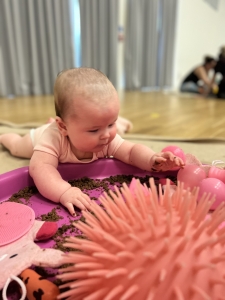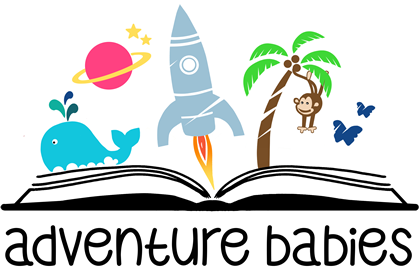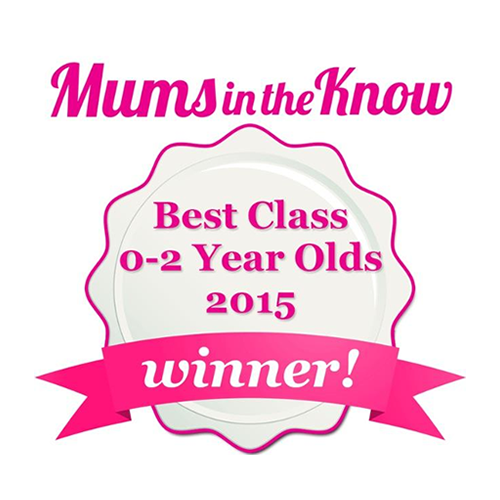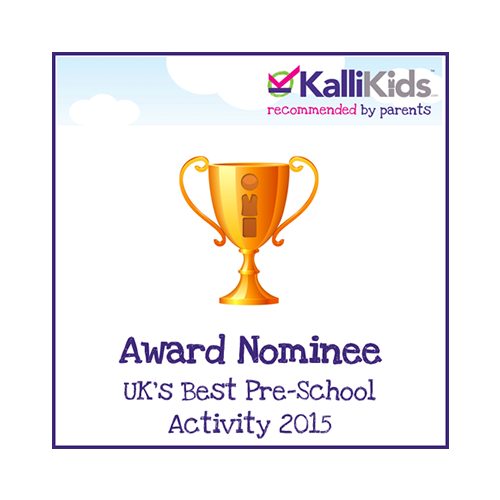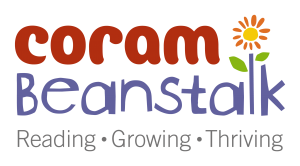Baby Development 4-6 Months: Key Milestones and Tips for Mums. Watching your baby grow and develop is one of the most rewarding experiences for any parent. Between 4 to 6 months, your baby will achieve many exciting milestones. Here’s a comprehensive guide to what you can expect and how you can support your baby during this pivotal stage.
Physical Development Milestones
Rolling Over
At around 4 to 6 months, many babies begin to roll from their tummy to their back and vice versa. This is an exciting development as it shows increasing muscle strength and coordination.
Sitting Up
Your baby will start to sit with support, and by the end of this period, might even sit unsupported for short periods. Encourage this by providing plenty of opportunities for supported sitting.
Grasping and Holding
Babies develop a stronger grasp and can hold and shake toys, transferring objects from one hand to another. Introduce soft, safe toys that are easy to grasp and shake.
Sensory Development
Improved Vision
Babies’ vision sharpens, allowing them to focus better and track moving objects. They start recognizing familiar faces from a distance, so keep engaging with them face-to-face.
Enhanced Hearing
You’ll notice your baby turning their head towards sounds and voices, and they’ll begin to babble in response. Engage in conversations with your baby, as this stimulates their auditory development.
Cognitive Development
Exploration and Curiosity
Your baby will start exploring objects with their hands and mouth, learning about textures and shapes. Provide a variety of safe, colorful toys to stimulate their curiosity.
Understanding Cause and Effect
Babies begin to understand cause and effect, like realizing that shaking a rattle produces noise. Toys that respond to actions, like rattles and soft musical toys, are great for this stage.
Communication Development
Babbling
Expect to hear more varied babbling sounds, including consonants like “m” and “b.” Responding to your baby’s babbles with words and sounds encourages language development.
Responding to Speech
Your baby will start responding to their name and recognise the tone of your voice. Reading, singing, and talking to your baby are fantastic ways to boost their communication skills.
Social and Emotional Development
Smiling and Laughing
Smiles and laughter become more frequent as your baby starts to express joy. Interactive play and social engagement, like peekaboo, help develop these emotional responses.
Beginning of Separation Anxiety
Some babies may begin to show signs of separation anxiety. It’s important to establish a consistent routine and provide reassurance to help them feel secure.
Tips for Supporting Your Baby’s Development
- Encourage Tummy Time: This helps strengthen neck and shoulder muscles, preparing them for crawling.
- Create a Safe Environment: Ensure the play area is safe for exploration, free of small objects that could be choking hazards.
- Engage in Interactive Play: Talk, read, and sing to your baby to support language and social development.
- Establish a Routine: A consistent daily routine provides a sense of security and helps manage separation anxiety.
- Follow Your Baby’s Lead: Pay attention to your baby’s cues and interests, and provide toys and activities that stimulate their senses and curiosity.
Conclusion
Every baby develops at their own pace, so there might be some variations in the timing of these milestones. Enjoy each moment and celebrate every small achievement. If you have any concerns about your baby’s development, don’t hesitate to consult your GP. Happy parenting!
By focusing on these key areas and supporting your baby through each developmental milestone, you can help ensure they grow and thrive during these crucial months. Remember, your love and attention are the most important factors in your baby’s development. If you fancy chatting more about baby development 4-6 months with other parents of similar aged children please come on over to our insta page or join a class 🙂
